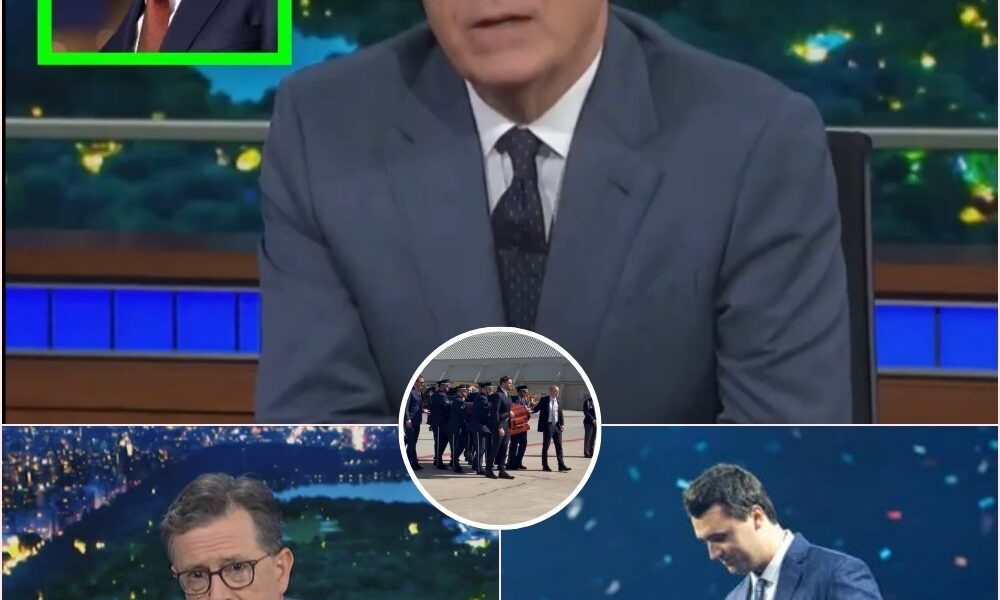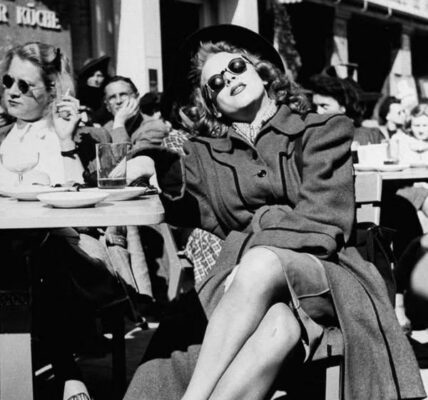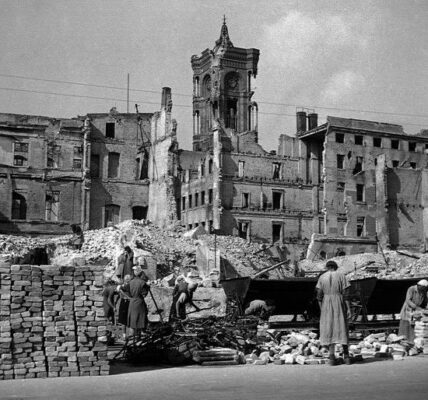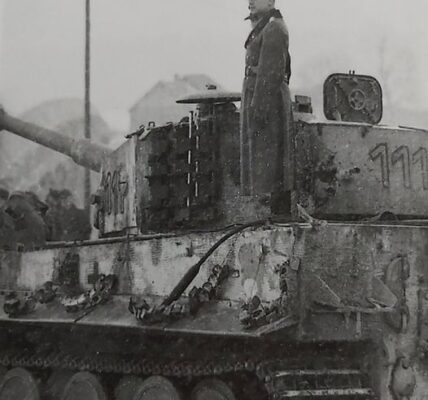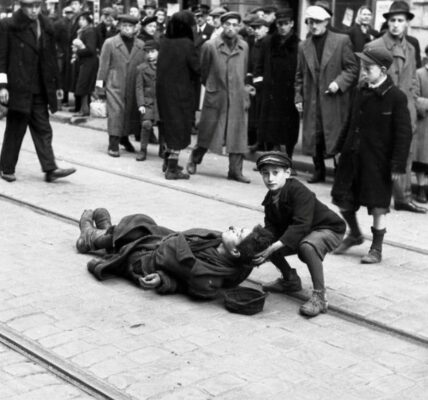“We All Heard It. But No One Believed He Would Say It.” — Stephen Colbert’s Stark Opening After Charlie Kirk’s Fatal Collapse Leaves America Restless
No music.
No satire.
No cold open.
This was not the Stephen Colbert America expected to see.
When The Late Show aired last night, the familiar rhythm was gone. No band, no jokes, no smirk behind the desk. Instead, Colbert walked onto the stage with the kind of gravity that told viewers instantly: this was not entertainment.
And then came the words that have now reverberated across the country:
“We all heard it. But no one believed he would say it.”
A Nation Already Shaken
Charlie Kirk’s sudden collapse at a Utah campus event had already stunned America. A rising figure in conservative politics, only 31 years old, Kirk’s death set off vigils in multiple states, endless debates on cable news, and a storm of speculation online.
The circumstances — unclear, unsettling, and public — left more questions than answers. Witnesses whispered about unfinished remarks, hints of “something he was about to reveal.” Videos circulated, edited, replayed, dissected. But nothing concrete surfaced.
Through it all, Stephen Colbert had remained silent. Until last night.
The Studio Frozen
As Colbert delivered his opening line, the studio audience sat paralyzed. Normally a sea of applause and laughter, the room was breathless, waiting for a punchline that never came.
There was none.
Instead, Colbert looked straight into the camera. His voice was calm, almost too calm, as though the weight of his words was measured against the silence that followed them.
“We all heard it,” he repeated. “But no one believed he would say it.”
The phrase struck like lightning. It wasn’t loud. It didn’t need to be. The pauses around it were deliberate, amplifying the weight. It was less a sentence than a signal.

Sympathy or Something More?
In the hours that followed, interpretations exploded.
Was Colbert grieving? Was he issuing a warning? Or was this, as some argue, a coded message dressed as condolence?
One industry insider described it as “the most deliberate line ever spoken on late-night television.” Another producer called it “a sentence meant to sound like sympathy, but loaded with weight.”
Theories spread rapidly. Some insisted Colbert was acknowledging what witnesses had already whispered—that Kirk, moments before his collapse, had tried to speak words that others have since tried to bury.
Others countered that Colbert, long known for his satirical but sharp critiques, had chosen the line precisely because of its ambiguity. By neither confirming nor denying, he left the public restless, filling the silence with speculation.
The Weight of Timing
Part of what made the moment unforgettable was not just the line itself, but the timing.
Kirk’s name was still echoing across America. Vigils were ongoing. His family had only just spoken publicly about their grief. The wound was fresh, raw, and unhealed. For Colbert to break his silence in that precise moment ensured maximum impact.
He didn’t speak earlier, when the news first broke. He didn’t wait weeks until the conversation had cooled. He chose now.
And that choice has sparked what some are already calling “the moment late-night television broke format.”
Restlessness Across America
In the hours after the broadcast, hashtags like #ColbertLine, #WeAllHeardIt, and #CharlieKirk surged into trending lists. Clips of the opening spread instantly on TikTok and X (formerly Twitter), racking up millions of views.
Comment sections became battlegrounds:
-
“He knows more. That was a warning.”
-
“This wasn’t comedy, it was history.”
-
“The fact he said it on national TV proves something bigger is going on.”
Even mainstream outlets, usually dismissive of conspiracy chatter, couldn’t resist covering the viral moment. Analysts debated whether Colbert had simply offered an oddly phrased tribute—or if his words hinted at unfinished truths.

The Fear That Lingers
For many, the line has revived the fear that what happened in Utah isn’t over. That the cameras missed something critical. That Charlie Kirk’s final words contained evidence or warnings that others would prefer remain unheard.
Colbert’s statement—simple, stark, deliberate—seemed to confirm those suspicions without saying anything outright.
“The silence was never the story,” one commentator wrote this morning. “Charlie Kirk was. And Colbert’s words made sure no one could bury that truth.”
A Moment That Will Not Be Forgotten
Regardless of interpretation, one fact is clear: Colbert’s choice shattered expectations of late-night television. Gone was the laughter, the satire, the comfortable distance. In its place stood a line that may define his career for years to come.
He didn’t shout. He didn’t explain. He didn’t joke. He simply said what many had thought but no one believed would ever be spoken aloud:
“We all heard it. But no one believed he would say it.”
And with that, America was left restless—not just about Colbert’s words, but about the truth behind them.
